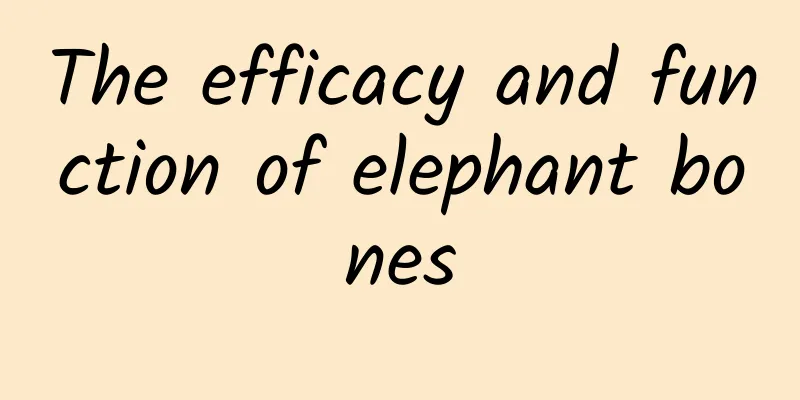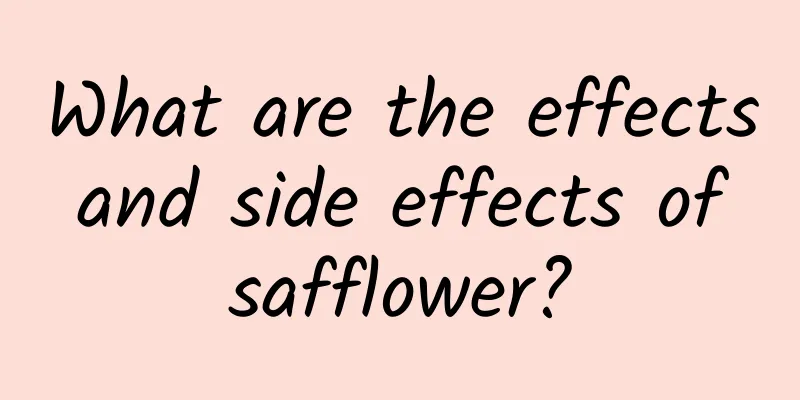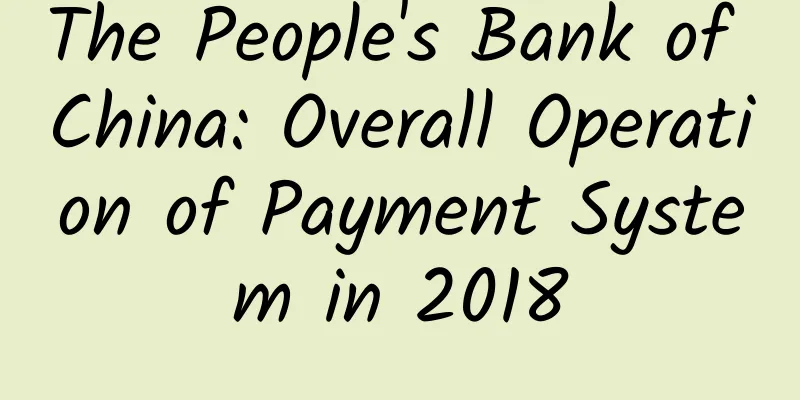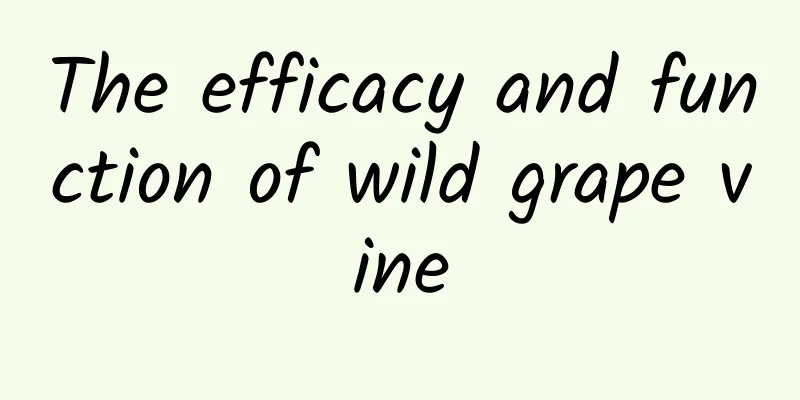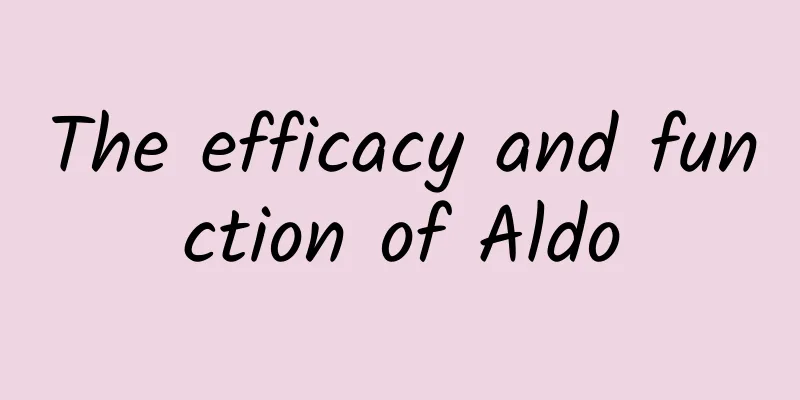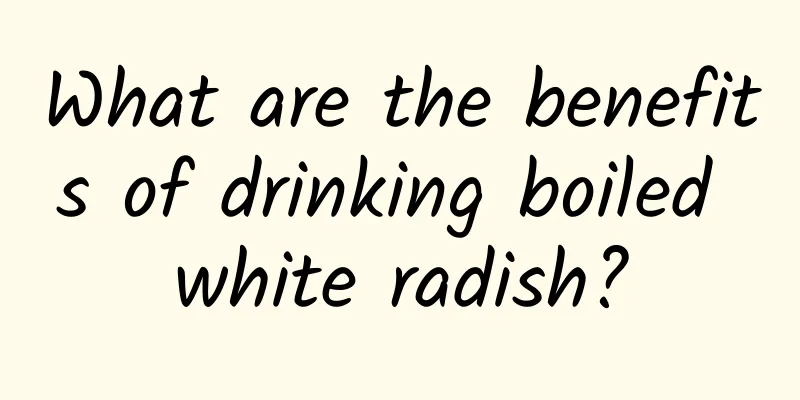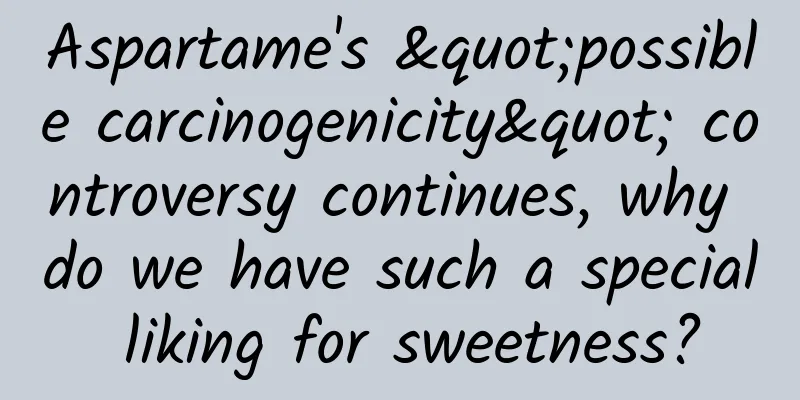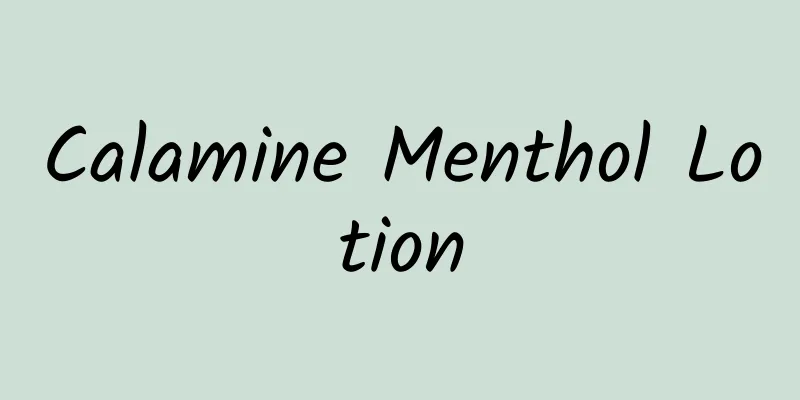What are the effects and functions of Longji Grass?
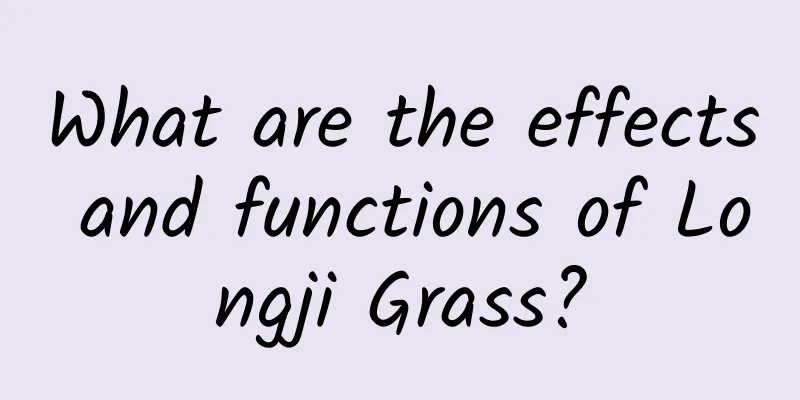
|
Traditional Chinese medicine is my country's traditional medicine. It is profound and extensive. Moreover, sometimes some diseases can actually be treated with traditional Chinese medicine. Compared with Western medicine, traditional Chinese medicine is milder in nature, so it basically does not cause harm to the body. Many people will find a medicinal herb called "Longjicao" in the prescriptions prescribed by traditional Chinese medicine. So what effects and functions does Longjicao have for women? Hance is the dried whole herb of Lysimachia christinae Hance, a plant of the Primulaceae family. It is also called ground incense, ground money, cymbals, grass money, pennywort, white ear grass, frankincense vine, sweet olive, half pond lotus, thousand-year cold, etc. It can treat jaundice, edema, bladder stones, malaria, lung abscess, cough, vomiting blood, stranguria, leucorrhea, rheumatism, infantile malnutrition, epilepsy, carbuncle, sore, ringworm, and eczema. Main Value Medicinal This product is the dried whole herb of Lysimachia christinae Hance, a plant of the Primulaceae family. Harvest in summer and autumn, remove impurities and dry in the sun. [Other names] Ground incense, ground money, cymbals, money grass, pennywort, white ear grass, frankincense vine, osmanthus fragrans, half pond lotus, thousand-year cold, money everywhere, money wormwood, horseshoe grass, bone-penetrating, bone-penetrating wind, wall-passing wind, bone-patrolling wind [Main ingredients] Contains a large amount of monoterpenes, a-pinene, B-pinene, limonene, p-cymene, isomenthone, isopinene, linalool, menthol, and a-terpineol. Contains ursolic acid, B-sitosterol, palmitic acid, succinic acid, multiple amino acids, tannins, bitter substances, choline, potassium nitrate, etc. The underground parts contain stachyose. [Usage and Dosage] For internal use: decoct in water, 3-5 qian (1-2 liang for fresh); or soak in wine and mash into juice. For external use: mash and apply or squeeze the juice to apply. [Adverse Reactions and Precautions] Excessive dosage may cause dizziness, palpitations, and some individuals may experience allergies, rashes, and itching. Leukopenia may occasionally occur after taking Jiangxi Houttuynia cordata, but it will recover on its own after stopping the medication. Function and indications It is used to treat jaundice, edema, bladder stones, malaria, lung abscess, cough, vomiting blood, stranguria, leucorrhea, rheumatic pain, infantile malnutrition, epilepsy, carbuncle, sore, ringworm and eczema. 1. Diuretic and stranguria treatment: used to treat hot stranguria, sand stranguria, and stone stranguria, often used together with drugs for softening and dissolving stones. 2. Diuresis and jaundice-removing: Treat jaundice caused by damp-heat. 3. Clearing away heat and detoxifying: used for heat-toxic sores and snake bites. |
<<: What are the effects of Panlongcao?
>>: What does Bletilla striata look like?
Recommend
"Pre-prepared meals enter campuses" has become a hot search! How harmful is it to the body to eat pre-prepared meals frequently?
You happily go out to eat, but the restaurant pro...
The efficacy and function of horsetail stretching
As we all know, horsetail stretching is a very co...
Can eating konjac help you lose weight? Pay attention to these two points!
01 Why is konjac so low in calories? Konjac has a...
Yunpu's efficacy and function
In daily life, people are not only very familiar ...
Smart agriculture "plant factory" paints a new picture of harvest
Plants all rely on sunlight and soil to grow. If ...
In addition to ceftriaxone, do not drink alcohol when taking these medicines
After Laba, it is the New Year, when friends and ...
What are the medicinal values of chrysanthemum
Many friends may not know the special medicinal v...
Exploring Antimatter: New Energy for Future Interstellar Travel
Scientists believe that after the Big Bang, two u...
If AI is used "wrongly", people will really become stupid! I'm not kidding you
One day in AI is like one year in the human world...
Marine Life Illustrations | We also have real "mermaid" fish
(Source: Zhejiang Ocean University)...
Is global warming making fish stupid? If you can't catch any fish... | BoLan Daily
Is global warming making fish stupid ? If you can...
If a flamingo eats blue food, will it turn blue?
In the colorful natural world, many mysteries of ...
I took Chinese medicine and my hair grew a lot
Hair loss is related to many factors. It may be c...
The efficacy and function of Jinlan
Jinlan is a medicinal material that is quite comm...
What Chinese medicine can nourish the kidneys?
Men with poor kidney function generally have redu...
